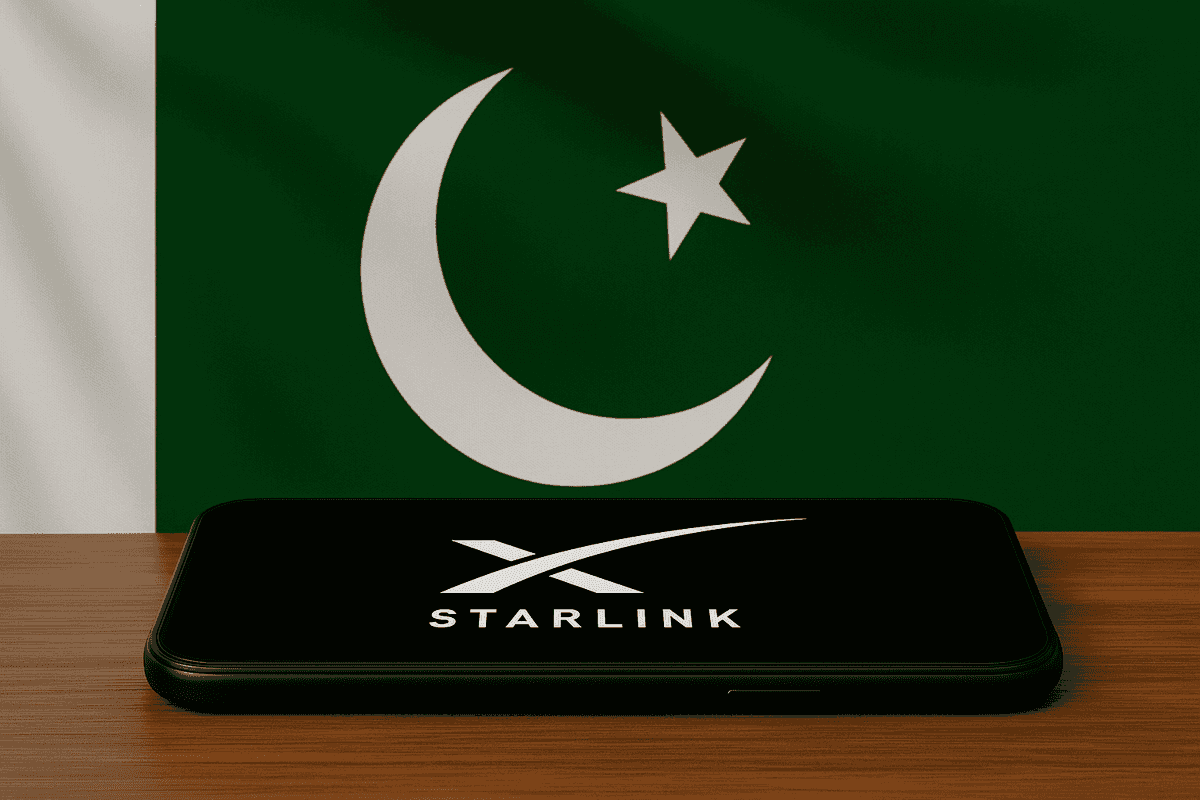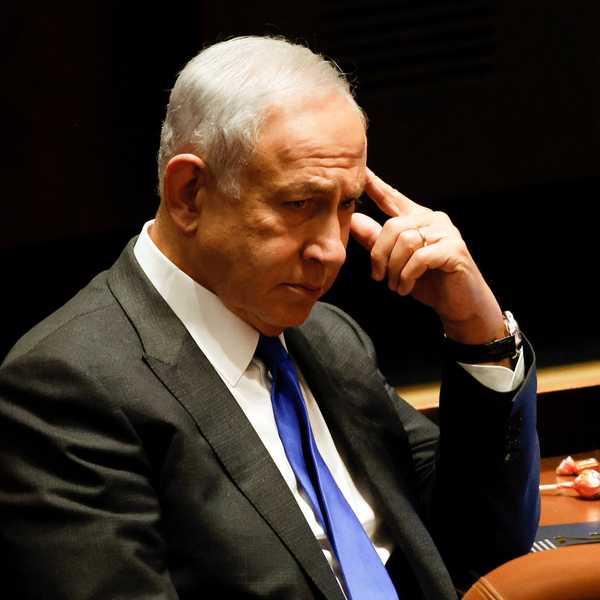Pakistan yet to approve Starlink as satellite internet rules await finalization
The long-awaited Pakistan Satellite Communication Rules are expected by end-July 2025, potentially deciding Starlink's entry into the country

Javed Hussain
Correspondent
I have almost 20 years of experience in print, radio, and TV media. I started my career with "Daily Jang" after which I got the opportunity to work in FM 103, Radio Pakistan, News One, Ab Tak News, Dawn News TV, Dunya News, 92 News and regional channels Rohi TV, Apna Channel and Sach TV where I worked and gained experience in different areas of all three mediums. My journey from reporting to news anchor in these organisations was excellent. Now, I am working as a correspondent with Nukta in Islamabad, where I get the opportunity of in-depth journalism and storytelling while I am now covering parliamentary affairs, politics, and technology.

While Pakistan’s approval remains pending, Starlink has already launched services in several South Asian countries.
Nukta
Starlink, Elon Musk’s satellite internet venture, remains in regulatory limbo in Pakistan as authorities finalize a new set of rules for Low Earth Orbit (LEO) satellite communications.
The much-anticipated Pakistan Satellite Communication Rules and Regulations are expected to be issued by the end of July 2025, which will determine whether Starlink can secure the necessary approvals to operate in the country.
Starlink first registered its company with the Securities and Exchange Commission of Pakistan (SECP) on February 24, 2022. Since then, the matter of its No Objection Certificate (NOC) has remained pending with the Pakistan Space Regulatory Activities Board (PSARB) -- the authority overseeing satellite licensing in the country.
New regulations in the works
In a bid to formalize satellite internet operations, the PSARB hired an international consultant who recommended the creation of Pakistan-specific satellite rules for LEO services.
These rules, currently under development by the Ministry of IT and Telecom and PSARB in consultation with stakeholders, are expected to lay the groundwork for granting licenses to operators like Starlink.
According to PSARB officials contacted by Nukta, the Satellite Communication Rules and Regulations are being shaped based on the consultant’s recommendations and existing satellite infrastructure. The officials said that once finalized, operators such as Starlink would be able to apply for registration and licensing under the new framework.
Sources told Nukta that work on these rules is in full swing. A seminar was held recently on the subject, attended by IT Minister Shaza Fatima Khawaja, who assured stakeholders of a transparent and consultative process. Officials expressed hope that the new regulations will be in place by the end of July 2025.
Technical requirements and licensing path
A senior official involved in satellite communication said Starlink would require multiple licenses and must submit a comprehensive technical plan. With nearly 40 LEO systems already operating in Pakistan’s satellite space, authorities want to ensure that any new entrant does not interfere with existing infrastructure.
“These regulations will ensure that Starlink’s system does not pose any risk to Pakistan’s existing satellite network,” the official told Nukta. He added that the upcoming framework was critical to protecting national satellite assets.
Starlink was earlier granted temporary registration on March 21, 2025, but it expired in June 2025. The company is now waiting on the formal regulations to determine whether it can meet all technical and legal requirements.
Once the rules are finalized, the matter will go through a final review round at PSARB. If approved, the file will be sent to the Pakistan Telecommunication Authority (PTA), which will issue Starlink’s operating license within 3 to 4 days, officials confirmed.
Despite several attempts, Starlink’s representative in Pakistan did not respond to Nukta’s queries on the matter.
Regional comparison and rising competition
While Pakistan’s approval remains pending, Starlink has already launched services in several South Asian countries. India has issued a license and initiated network rollout, Bangladesh granted approval last month, and Sri Lanka began service earlier this month.
Meanwhile, competition is also heating up within Pakistan. Shanghai Spacecom Satellite Technology (SSST) -- a Chinese satellite company -- has initiated the registration process in the country. However, PSARB has yet to receive its case for review.







Comments
See what people are discussing